Are you dreading your next employee performance review? If so, you’re not alone. Many business owners find the process to be tedious and frustrating. However, it doesn’t have to be that way! In this blog post, we will discuss 12 tips for making your employee performance reviews better. By following these tips, you can make the process easier on both you and your employees.
Retention management is one of the most important aspects of a performance review. Employees must be reminded that their job is not just about getting things done, but also about holding onto them. Make sure to discuss potential career paths and ways they can continue to grow within the company. This will keep them engaged and motivated.
12 Effective Employee Retentions Strategies
- Set clear expectations: Before the performance review, make sure you have a clear understanding of what is expected from your employees. Having clearly defined expectations makes it easier for both parties to identify areas of improvement and set goals.
- Goal Setting: Help your employees set clear goals that are measurable and achievable. Make sure to check in with them throughout the year to ensure they are on track. This will help provide a sense of direction and purpose for them and give you an idea of how well they are performing.
- Personalize Performance Reviews: No two employees are alike, so tailor each performance review to the individual employee. Take into account their work style, strengths, and weaknesses. This will help to ensure that you are giving each employee a fair assessment of their performance.
- Measure Results: Make sure to measure the results of your employee’s performance during the review period. Consider using key performance indicators (KPIs) or other metrics to track progress over time and identify areas for improvement.
- Be Clear: During the review, be clear and concise about what you expect from your employees. Don’t be vague or overly critical; instead, provide concrete examples of areas for improvement as well as positive feedback for specific successes.
- Provide Guidance: Give your employees guidance on how to improve their performance in the future. Offer helpful suggestions and advice that can help them remain motivated and reach their full potential.
- Follow-Up: Don’t just end the review; follow up with your employees after a few weeks or months to check in on their progress. This will show that you care about their development and are invested in helping them succeed.
- Be Objective: When assessing employee performance, be sure to remain as objective as possible. Don’t let your personal feelings about the employee affect your assessment of their work.
- Make it a two-way conversation: Your performance reviews should be a two-way conversation between you and your employee. This will help ensure that their opinions are taken into account and that they feel heard throughout the process.
- Give Constructive Feedback: It is important to provide constructive feedback during performance reviews. Avoid being overly negative or critical; instead focus on providing specific examples and suggestions for improvement.
- Ask for input: Employees often have valuable insight about their job performance that may be overlooked. Encourage them to share their opinions during the review process so you can get a better idea of how they are doing.
- Offer rewards: Rewarding excellent performance is a great way to motivate employees and show them that their hard work is being recognised. Consider offering bonuses, additional vacation days, or other incentives when employees exceed expectations.
- Provide resources: Make sure that you provide employees with the necessary resources for improvement. This could include anything from additional training materials to time off for self-care; by providing these tools, you can ensure that your employees are set up for success in their roles.
- Document Everything: Finally, be sure to document each performance review. This will help you keep track of your employees’ progress and provide evidence if needed in the future.
By following these 12 tips, you can make the process of employee performance reviews much smoother and more effective. With proper planning and preparation, you can ensure that your employees receive the feedback and guidance they need to succeed. Good luck!
Get in touch with us
Related Posts

How to Measure and Improve Business Performance

The Biggest Leadership Mistakes That Affect Employee Performance
About Us

Our passion is helping your leaders coach your teams to achieve organizational performance. 50 years combined business improvement expertise.

